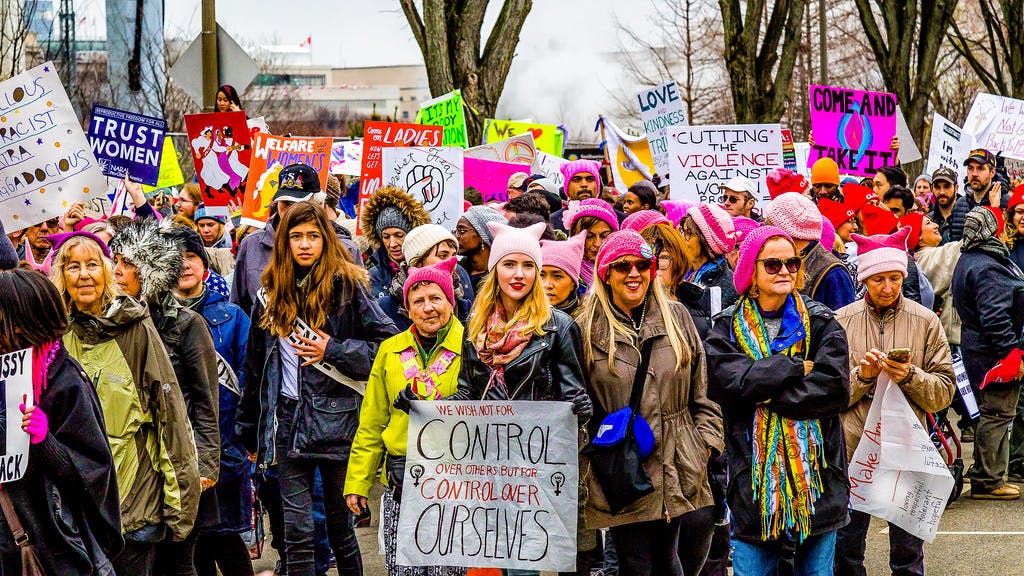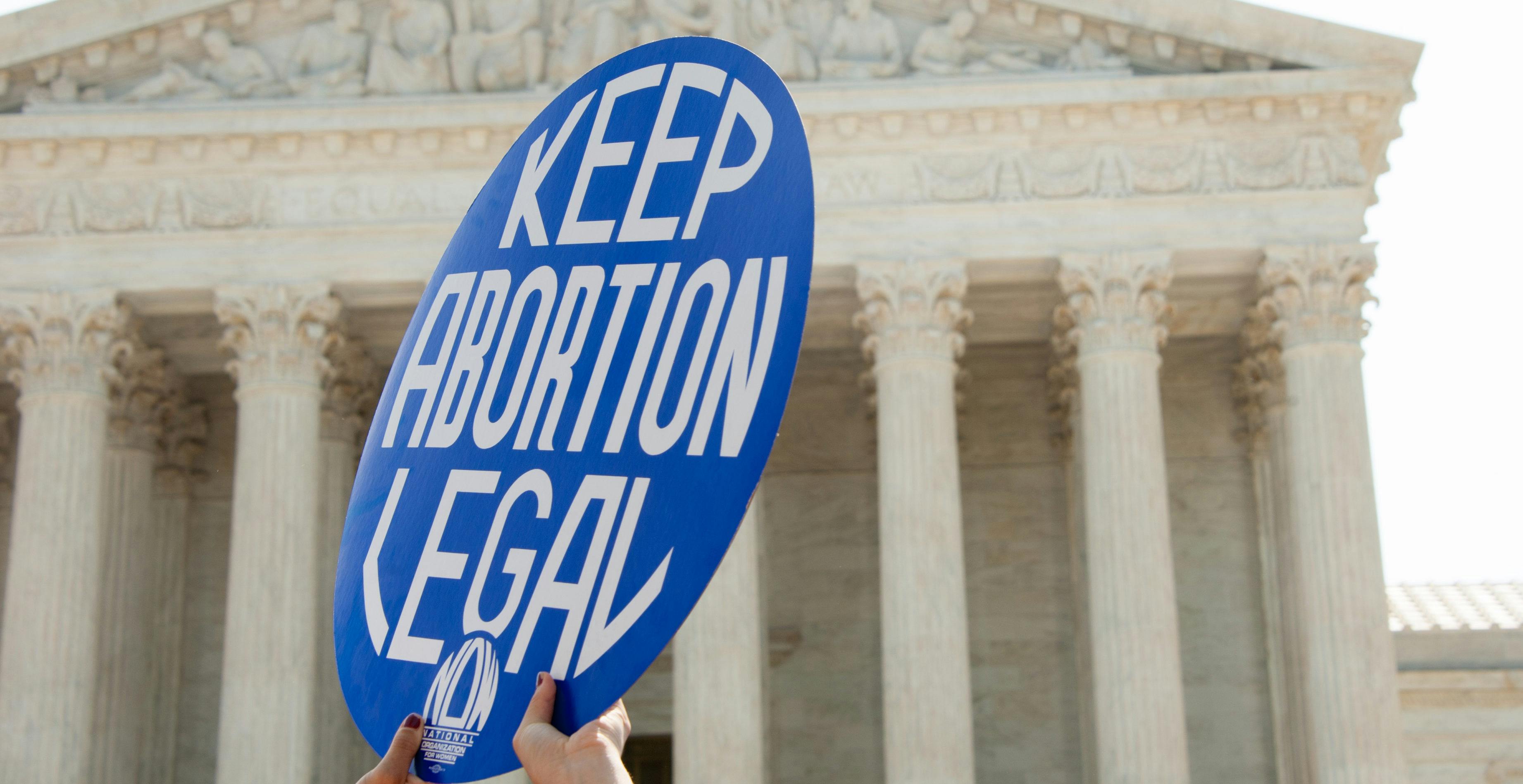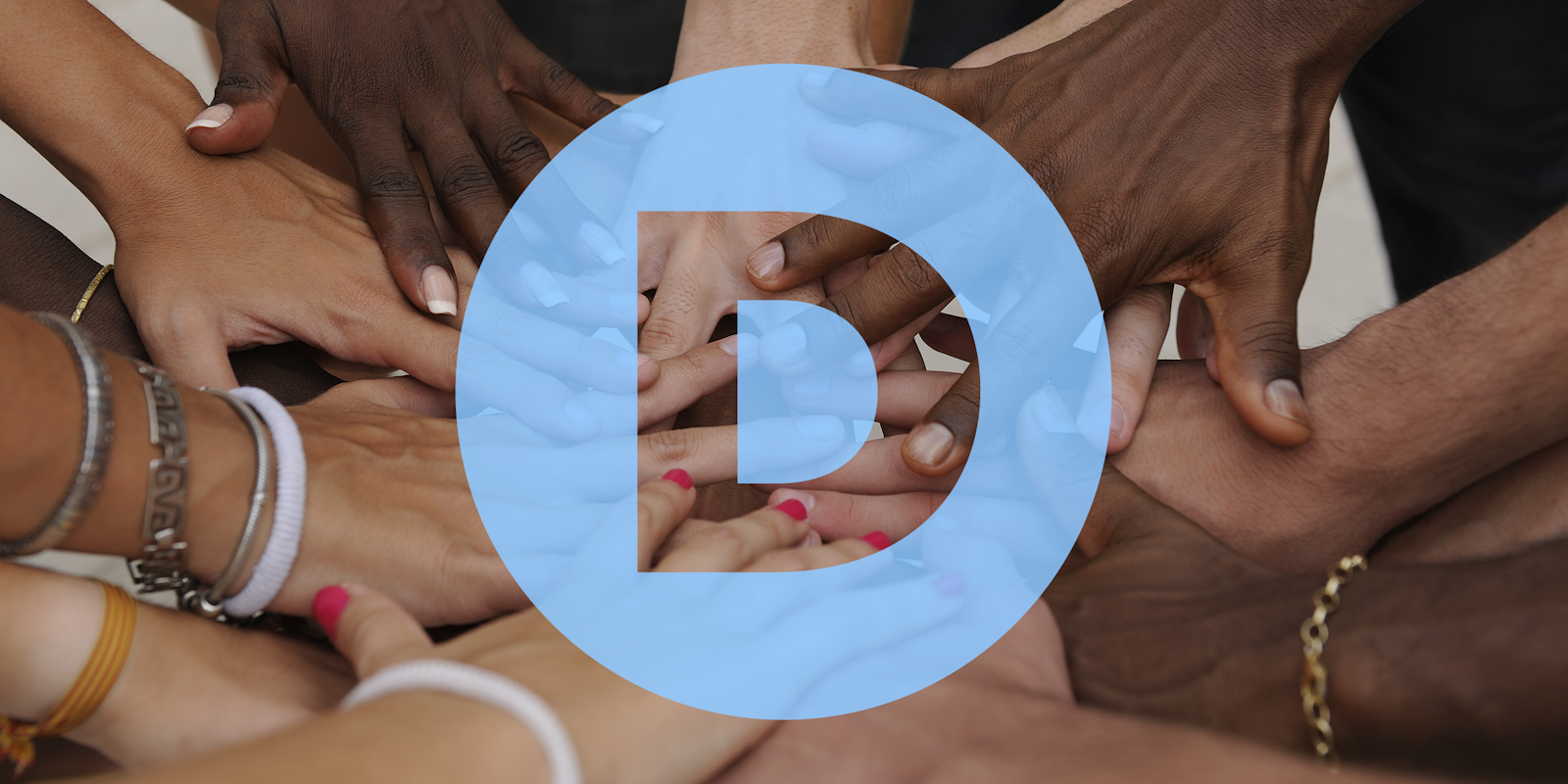The Democratic Party took their show on the road earlier this week for a mix of campaigning, morale-boosting, and crisis management deemed the “Unity Tour.” Democratic National Committee Chairman Tom Perez said the goal of the tour was to heal the deeply divided party by going to “rural America, to urban America, to every corner in between, to talk and listen and learn.”
The tour headliner, Bernie Sanders, who is not a Democrat, drew enthusiastic crowds, but also sparked controversy for his criticisms of the party and his support for anti-choice Democrats like Heath Mello, whose Omaha, Nebraska, mayoral run was one of the Unity Tour’s campaign stops.
After coming under fire from women’s rights groups, Sanders refused to apologize, telling NPR, “If we are going to protect a woman’s right to choose, at the end of the day we’re going to need Democratic control over the House and the Senate, and state governments all over this nation…I think you just can’t exclude people who disagree with us on one issue.”
Behind the scenes, Tom Perez made a call to Planned Parenthood president Cecile Richards and put out a statement denouncing Mello’s personal beliefs about abortion. Perez’s aides told news outlets the Mello campaign stop was Sanders’ idea.
So yeah, unity.
In light of this widening rift in the party, we asked some pro-choice women leaders from around the country to share their thoughts on what real Democratic unity might look like and what it could achieve. Spoiler alert: None of them listed “roll back abortion rights” as a requirement.

Yamani Hernandez, executive director, National Network of Abortion Funds:
“The voting demographics of the last election made clear that the Democratic Party’s success is reliant on a base of people of color, the LGBTQ community, and people with lower incomes. The Democratic Party needs to invest their vast resources on candidates, policies, and voting blocks that reflect those same demographics and who have real experience with the issues and struggles that matter to people who live and work in this country, and we can’t afford leave out abortion access and coverage.
“While abortion access is often painted as a partisan issue, it shouldn’t be. It’s about bodily autonomy, personal decision making, and support for families which should be something that all politicians stand behind. No politician should impose their own beliefs on other people. They have to understand that creating unnecessary non-medical barriers actually endangers our health, and data has shown that abortion barriers do negatively impact our health.
“Truly inclusive politics would ensure that those who are most deeply affected are centered and uplifted in the conversation, so it is crucial to see a conversation like this and political decisions guided by those of us who’ve had abortions.”
Ashley Wheeland, senior policy and political director, Planned Parenthood of the Rocky Mountains:
“Progressive values include the economic rights of all people, including women. Barriers to reproductive health care continues a cycle of poverty. Every person must be able to choose when to start their family—because caring for a family is one of the greatest factors to an individual’s economic well-being.”
Pamelya Herndon, executive director, Southwest Women’s Law Center:
“A united Democratic Party is one that looks to place some new faces in strategic, decision-making positions who are from places like New Mexico and Montana and South Dakota and Rhode Island. The united Democratic Party will remember millennials need a seat at the decision-making table while also remembering to make space for Baby Boomers who are still a viable part of the party.
“The united Democratic Party must blend the Hillary Faction and the Bernie Faction in one well-simmered pot flavored with remembrance that the election for the 45th president is over, and now is the time to walk in lock step as we get ready to elect the 46th president, a Democrat.”

Elizabeth Potter Graham, member of Alabama Reproductive Rights Advocates:
“Many members of Alabama Reproductive Rights Advocates are mothers. We understand what it means to bear and raise children. ARRA believes that women know best when they are prepared to embark on pregnancy and motherhood. While Republicans refuse to read, understand, and follow U.S. Supreme Court rulings, Democrats respect the right and ability of women to make their own reproductive decisions, free of government involvement.”
Sadalia King, president, Black Young Democrats of Sacramento:
“A united and inclusive Democratic Party would allow for its leadership to look like the diversity the party enjoys showing during its conventions. At any convention, the camera pans over its crowds of people from various races and ethnic groups, able and disabled bodies, genders and sexual orientations; however, the Democratic leadership, and the candidates running as Democrats, seems rather lackluster.
“The party could actually be effective and responsive. A representative body actually talking to each other, promoting policies and ideologies that their members believe, and running quality leaders to enact them—the party would be a force to be reckoned with! To make it a reality, there needs to be value placed in humility. Truly value mentorship so when leaders step aside, the next person is well-equipped to capitalize on their predecessor’s success. There shouldn’t be a ‘wait your turn’ mindset when it comes to serve. Do your time, make an impact, and move on.
“Also, as a millennial, overlooking or stigmatizing younger generations is doing the party a disservice. We are all uncomfortable with change, but utilizing power to dissuade and suppress ambitious, progressive voices is counterproductive to what the party claims to be.”


